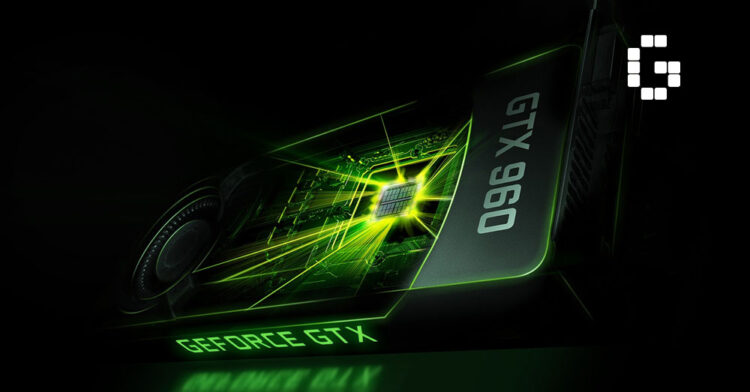NVIDIA has officially announced that support for several generations of its older graphics cards, including the GTX 700 (Maxwell), GTX 900 (Maxwell), GTX 1000 (Pascal), and Volta-based GPUs, will end after the rollout of its upcoming 580 driver series. This marks the final wave of updates for these legacy cards, which have been the backbone of many gaming and workstation setups over the past decade.
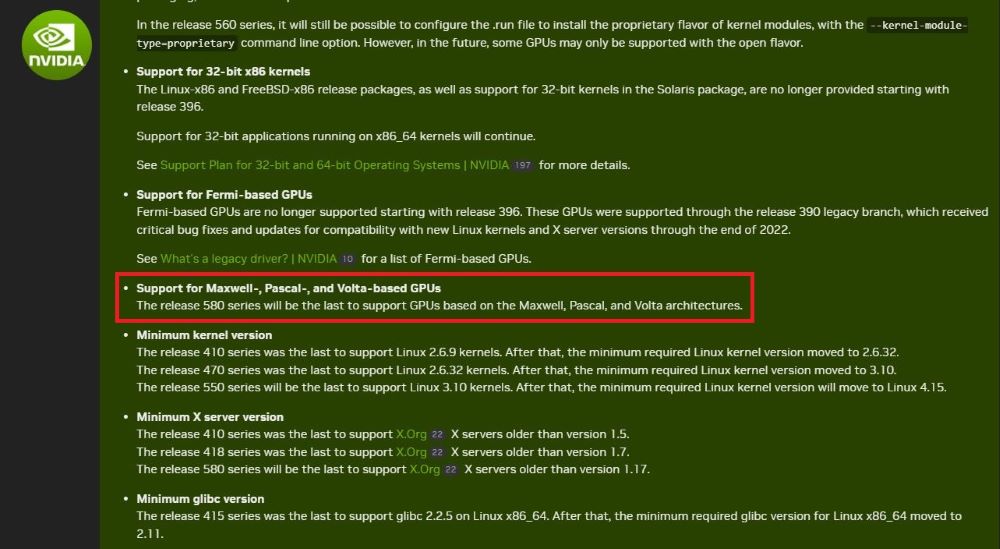
The announcement comes as part of NVIDIA’s ongoing driver development roadmap. Users familiar with the company’s previous transitions may recall that Fermi and Kepler (GTX 500 and 600 series) were among the first generations to stop receiving official driver support. Now, Maxwell, Pascal, and Volta are next in line as NVIDIA continues to shift resources toward optimizing newer architectures like Ada Lovelace and the RTX 50 series.
Currently, NVIDIA is still issuing updates under the 570 driver series, which began with the release of the GeForce RTX 50 series. Once the 580 branch officially launches, the affected GPUs will get their final driver updates, after which no further optimizations or compatibility patches will be provided.
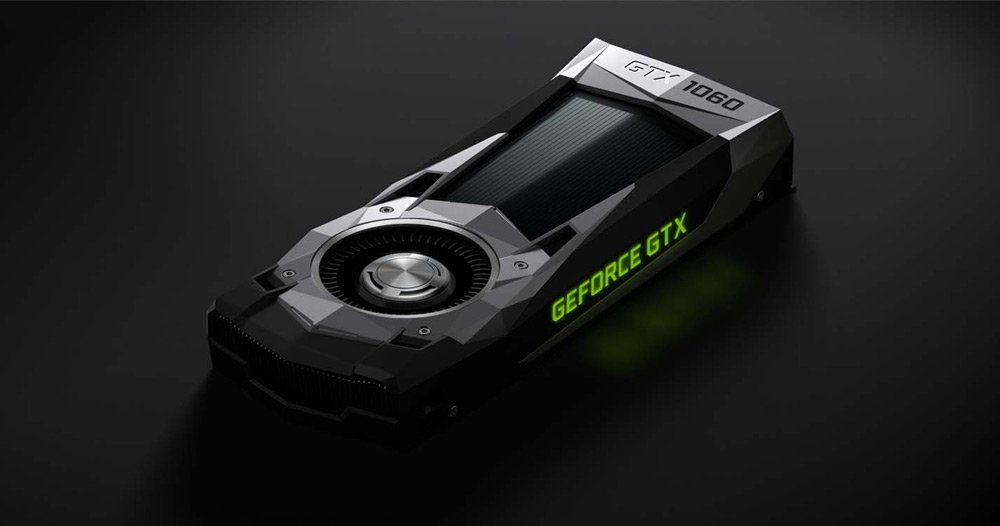
While NVIDIA hasn’t shared a specific release date for the 580 series driver, it’s expected to arrive before the end of 2025. Even after its release, cards within the GTX 700 to 1000 range will continue to receive updates under the 580 branch for several more weeks or months, giving users time to transition or consider upgrades.
NVIDIA ending support for older hardware is not surprising, as it is a standard practice in the tech industry, especially as GPUs from these generations are now between 8 to 11 years old. While they’ve served users well across various games and applications, modern software demands and hardware innovations make it increasingly challenging to maintain backward compatibility.






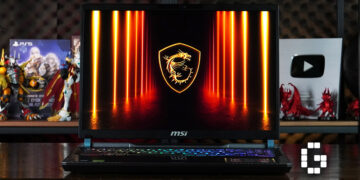




![[EXCLUSIVE] Creative Masterminds from Gearbox Software Reveal What Makes Borderlands 4 Worth the Wait](https://cdn.gamerbraves.com/2025/07/Borderlands-4-at-Bilibili-World-2025_Interview_FI-360x180.jpg)


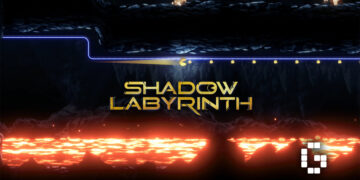

![[ASIA EXCLUSIVE] Bringing Back a Classic: Inside the Making of FINAL FANTASY TACTICS – The Ivalice Chronicles](https://cdn.gamerbraves.com/2025/06/FFT-Ivalice-Chronicles_Interview_FI2-360x180.jpg)


